State Secretary Miklos Panyi highlighted that government agencies, local governments, aid organisations and churches in Hungary and both within and outside the Carpathian Basin stood united in their efforts to help Hungarians living in Transcarpathia.
He is convinced that this union of efforts is felt by the Hungarian community in Transcarpathia, Panyi added. He emphasized that
for its part, the Hungarian government strives to provide all possible support to Transcarpathia and the Hungarian community living there, be it the financing of educational institutions, wage subsidies, support for churches, expenses incurred by civil society organizations or grants for humanitarian activities of aid organizations.
In an effort to provide direct assistance to ethnic Hungarian families, the government has increased education and upbringing allowance for families to one hundred thousand Hungarian forints (appr. 265 euros), the state secretary recalled. He drew attention to the importance of the sustaining power of local communities and organizations such as the Association of Hungarian Large Families in Transcarpathia.
In addition to financial assistance, there is also a great need for local communities to support each other and to give each other strength and hope, he stressed.
The Hungarian government will continue to do its utmost to help Hungarians in Transcarpathia, be it through humanitarian activities or support for local educational institutions or civil sector organizations,
Miklos Panyi reaffirmed.
On Friday, two hundred parents and children arrived from Transcarpathia for the camp hosted in Satoraljaujhely, eastern Hungary, organized with the aim of giving participants a break from he everyday life of war, Csongor Csaky, head of the Rakoczi Association, told public media.
This year, the Rakoczi Association is planning about a hundred programs for young Hungarians. In January and February, the Rakoczi Association will focus on further helping people living in Transcarpathia by offering school guidance.
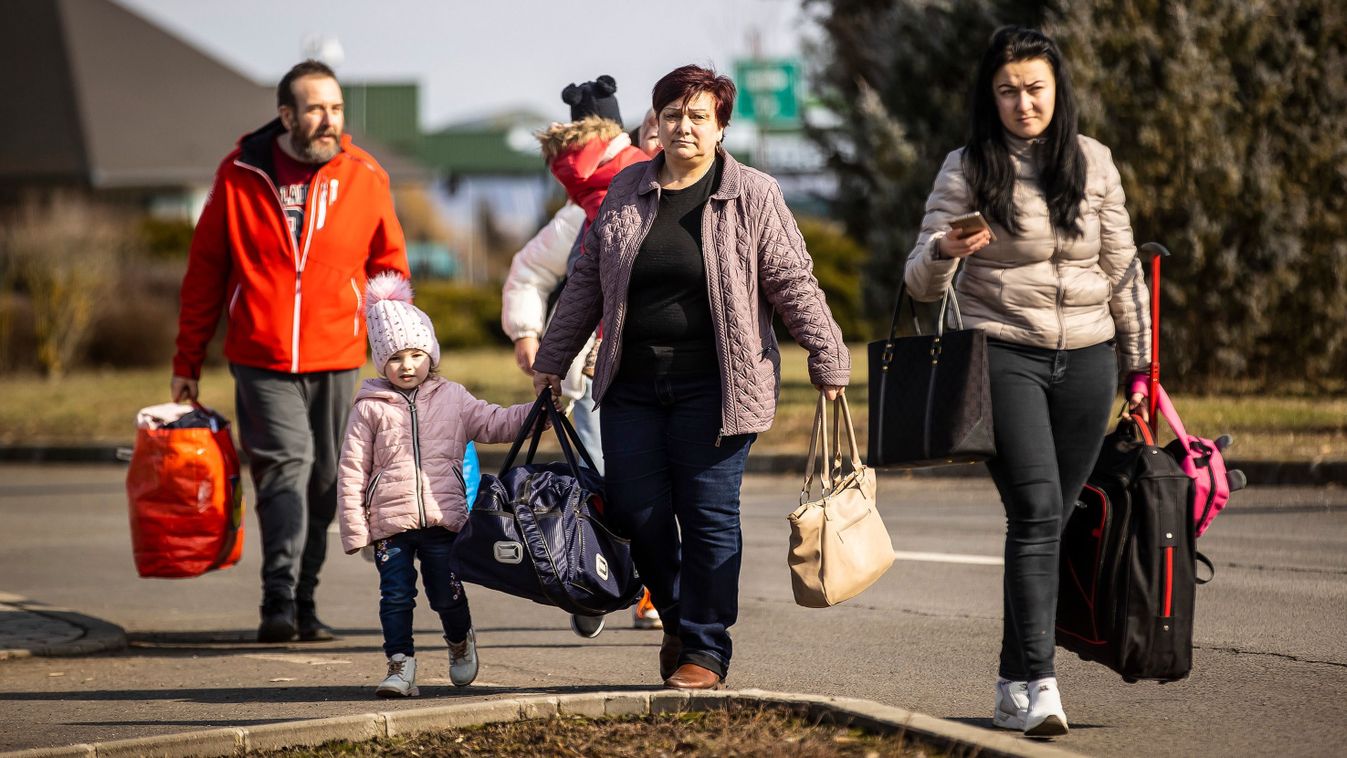

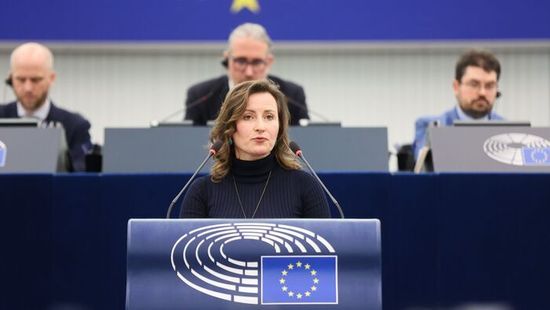
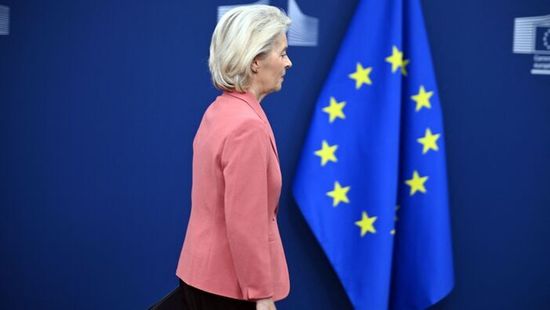
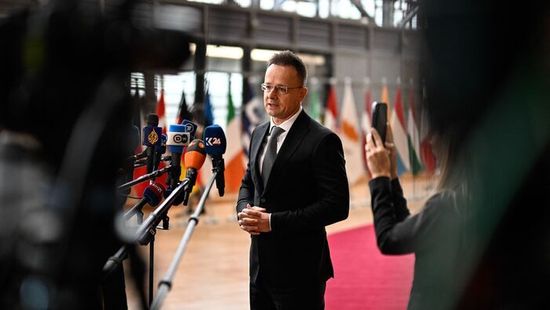


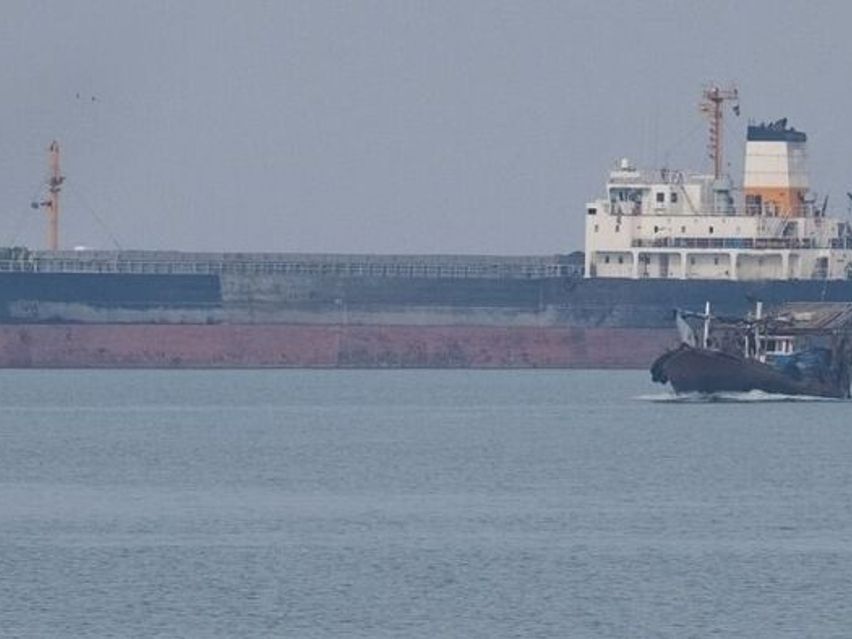
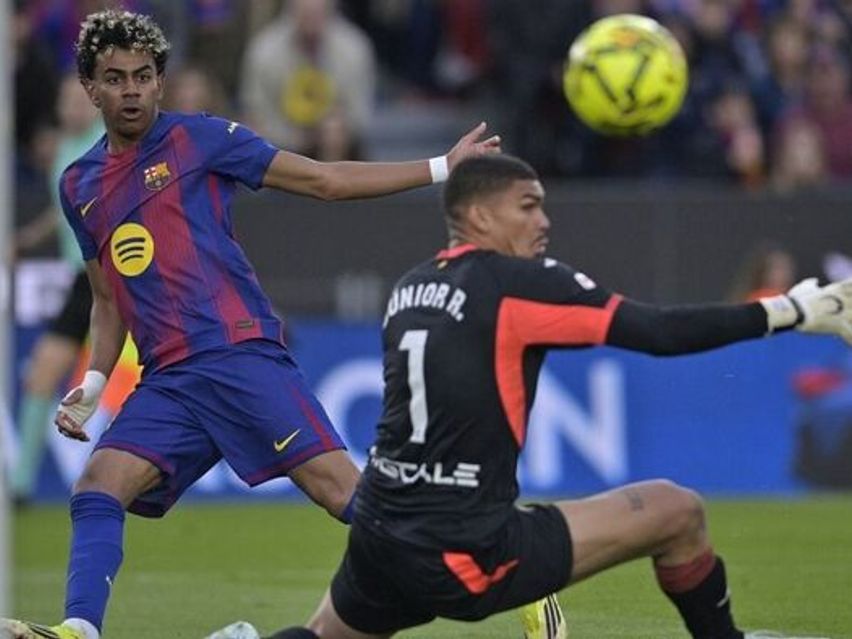
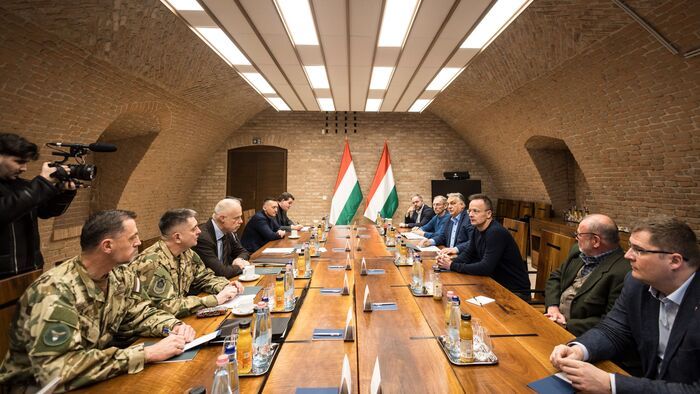

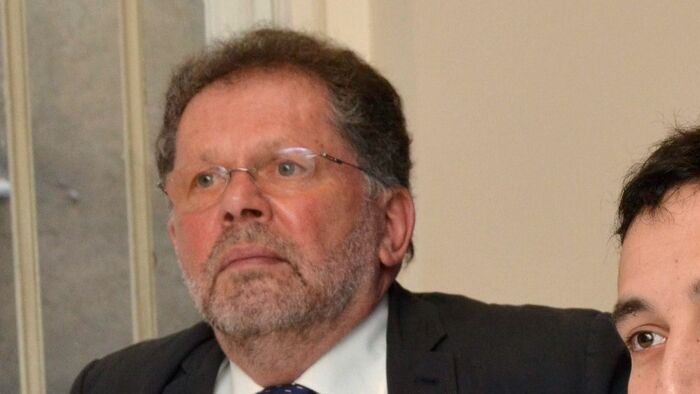
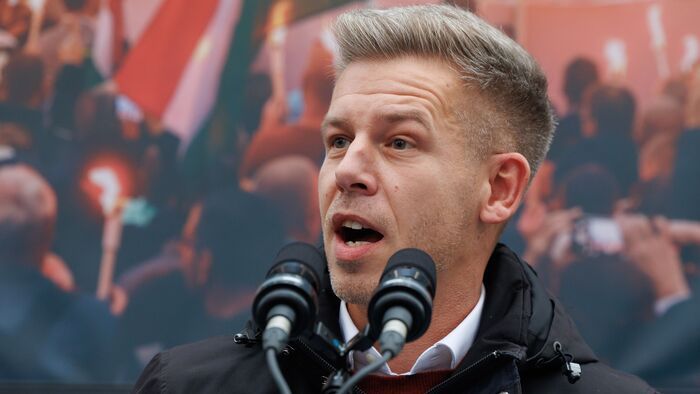
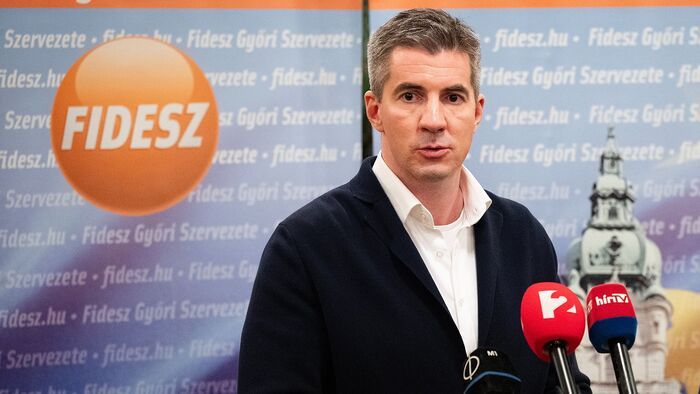
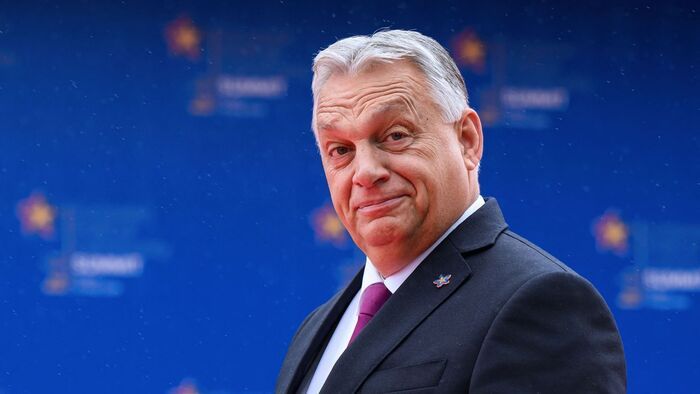
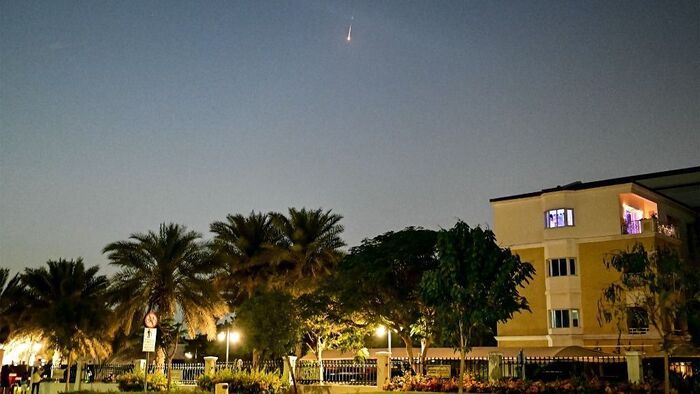
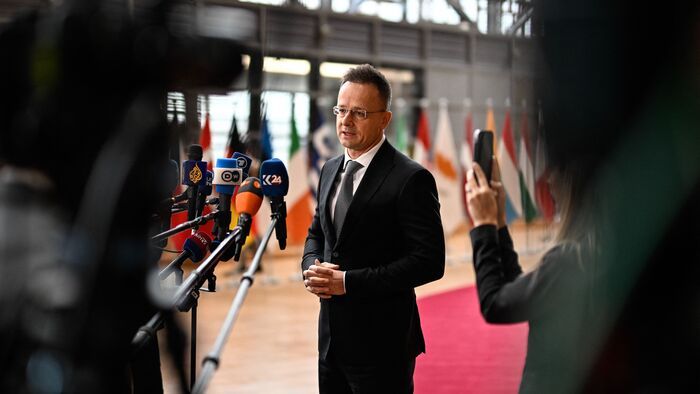






Szóljon hozzá!
Jelenleg csak a hozzászólások egy kis részét látja. Hozzászóláshoz és a további kommentek megtekintéséhez lépjen be, vagy regisztráljon!